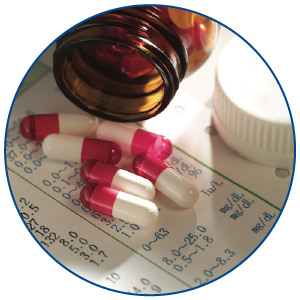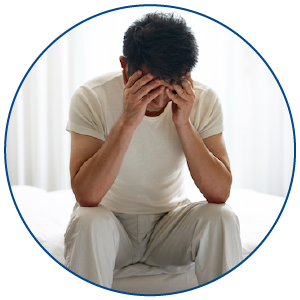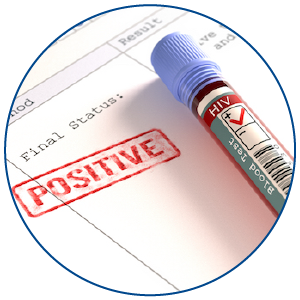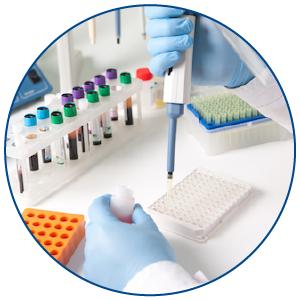
Treatment
The aim of the treatment is to relieve the pain, and to prevent the virus from multiplying.
- Treatment is recommended when you have the first outbreak as this may provide some relief.
- Treatment is usually started within five days of the commencement of the first outbreak and while new blisters or sores are still forming. It involves taking antiviral tablets daily (sometimes up to five times a day) for five days. There are several different antiviral tablets that can be used.
- Some people find it helpful to take antiviral treatment when they get another outbreak of genital herpes. You may be given some tablets to take at home. These need to be started as soon as the outbreak begins.
- People who have repeated outbreaks (usually more than six in a year) may be given longer courses of the tablets to try to reduce the number of outbreaks.
- As genital herpes is caused by a virus and not bacteria, antibiotics will not help.
What happens if genital herpes is not treated?
It is not essential to have treatment as genital herpes will clear up by itself. However, prompt treatment at the start of an outbreak can be a great help – it can reduce the time the outbreak lasts, help the healing process and can reduce the risk of you passing the virus on to someone else.
Reference
Reil H et al. Clinical Validation of a new triplex real-time polymerase chain reaction assay for the detection and discrimination of Herpes simplex virus types 1 and 2. J Mol Diagn. 2008 Jul;10(4):361-7
Groen J et al. Evaluation of a fully automated glycoprotein G-2 based assay for the detection of HSV-2 specific IgG antibodies in serum and plasma. J Clin Virol. 1999 May;12(3):193-200




